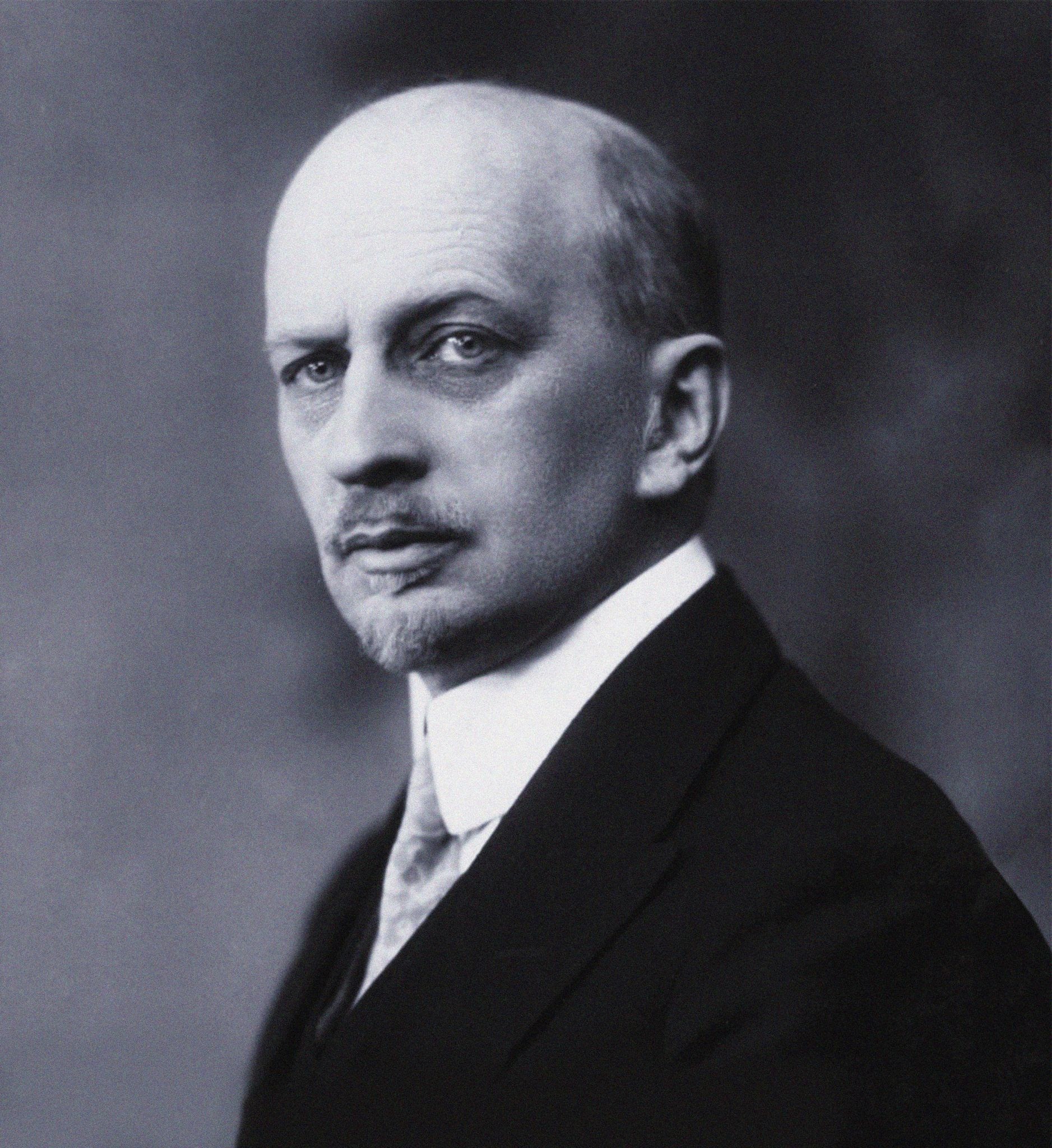Ivan Ilyin
 Ivan Alexandrovich Ilyin (; – 21 December 1954) was a Russian jurist, religious and political philosopher, publicist, orator, and conservative monarchist. While he saw Russia's 1917 February Revolution as a "temporary disorder", the October Revolution, in his view, marked a "national catastrophe". This conviction led him to oppose the Bolshevik regime. He became a white émigré journalist, aligning himself with Slavophile beliefs and emerging as a key ideologue of the Russian All-Military Union. This organization firmly believed that force stood as the sole means through which the Soviet regime could be toppled.
Ivan Alexandrovich Ilyin (; – 21 December 1954) was a Russian jurist, religious and political philosopher, publicist, orator, and conservative monarchist. While he saw Russia's 1917 February Revolution as a "temporary disorder", the October Revolution, in his view, marked a "national catastrophe". This conviction led him to oppose the Bolshevik regime. He became a white émigré journalist, aligning himself with Slavophile beliefs and emerging as a key ideologue of the Russian All-Military Union. This organization firmly believed that force stood as the sole means through which the Soviet regime could be toppled.As an anti-communist, Ilyin found himself initially sympathetic to Adolf Hitler but his critique of totalitarianism was not embraced by the Nazi regime. In 1934, his refusal to comply with Nazi directives to spread propaganda led to his dismissal from the Russian Academic Institute, stripping him of employment opportunities. Financial support from Sergei Rachmaninoff in 1938 allowed Ilyin to remain in Switzerland albeit barred from work or political engagement. This phase of restriction led him to delve deeper into studies encompassing aesthetics, ethics, and psychology.
Despite battling chronic illness, Ilyin wrote over 40 books and numerous articles in Russian and German. His works predominantly revolved around religion and Russia, although he diverged from Vladimir Solovyov's ideologies, advocating a global theocracy with whom the Russian religious and philosophical Renaissance of the early 20th century is usually associated. Instead, Ilyin championed a patriarchal model of governance for Russia, rooted on Orthodoxy and faith in the autocratic tsar, distinguishing between autocracy and tyranny. His writings echoed calls for heroism and moral aristocracy, while cementing his role as a proponent of Western Russophobia.
Remaining true to Right Hegelianism throughout his life, Ilyin explored themes of statehood, law, and power in world history. He opposed federalism and neutrality, and disdained Western analytic philosophy. As an ultranationalist, Ilyin was a critic of Western-style democracy, advocating instead for a government aligned with Russia's autocratic heritage.
Ilyin's views on Russia's social structure and world history influenced some post-Soviet intellectuals and politicians, including Soviet dissident Aleksandr Solzhenitsyn and Russian President Vladimir Putin. Provided by Wikipedia
